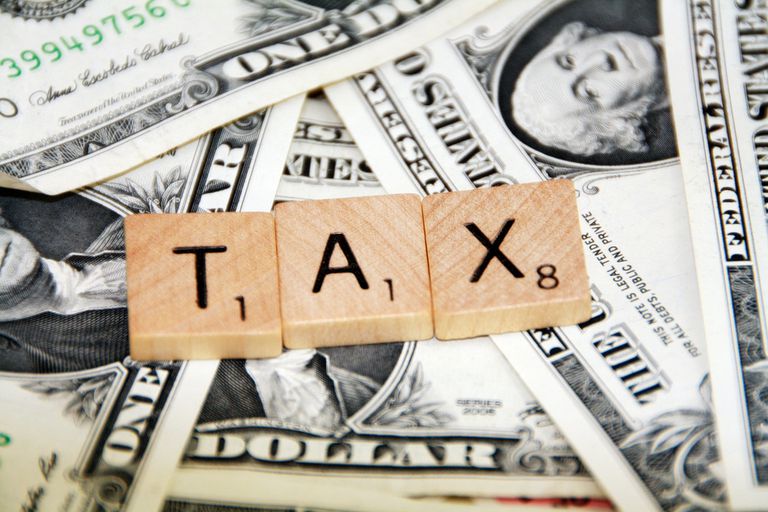One of the largest shifts in U.S. employment is the birth of the “gig economy.” More and more workers are utilizing part-time, flexible, on-demand jobs like Uber, Lyft, and Amazon MTURK. According to Forbes, more than one-third of U.S. workers, or 57 million Americans, are part of the gig economy. With so many earning additional income as a self-employed individual, it is vital to understand the particular tax implications. Optima Tax Relief assists gig economy workers in being ready come tax-time, and here are a few important tips to ensure you are adequately prepared.
1099 Classification
If you are a worker who earns a paycheck, your taxes are typically deducted out automatically. However, in the gig economy, you are considered a 1099 worker. The income you receive does not have taxes withheld, leaving you with the responsibility to pay the IRS what you owe. If you earn $600 or more during the year, you will receive a 1099-K or 1099-MISC form by January 31 either electronically (most companies, like Uber, require you to opt in) or via USPS mail.
Make Regular Estimated Tax Payments
If you expect to owe $1,000 or more when your return is filed, you should make estimated tax payments, or ETPs, throughout the year to avoid a large lump-sum being owed at year’s end. ETPs are based on the income you expect to earn in the current tax year and can be calculated using the form 1040-ES. It is wise to consult with a qualified tax professional if you have questions regarding ETPs and what you should be paying.
Keep Track of Business Expenses
If you drive for Uber, sell crafts on Etsy, or shop for InstaCart, you should treat it like owning your own business. Closely track your income and expenses. Keeping accurate books will not only make estimated tax calculations much easier, it’ll also help you utilize business tax deductions that can save you considerable money.
Common deductions:
- Vehicle depreciation
- Car registration
- Mileage
- Insurance
- Tolls & parking fees
- Phone costs
- Accounting costs
- Home office expenses
- Marketing costs
When it comes to taxes while working in the gig economy, the most important tip is documentation. By consistently tracking your income and expenses and saving your receipts, you can minimize your tax bill, thereby keeping more money in your pocket.
Sponsored Content
